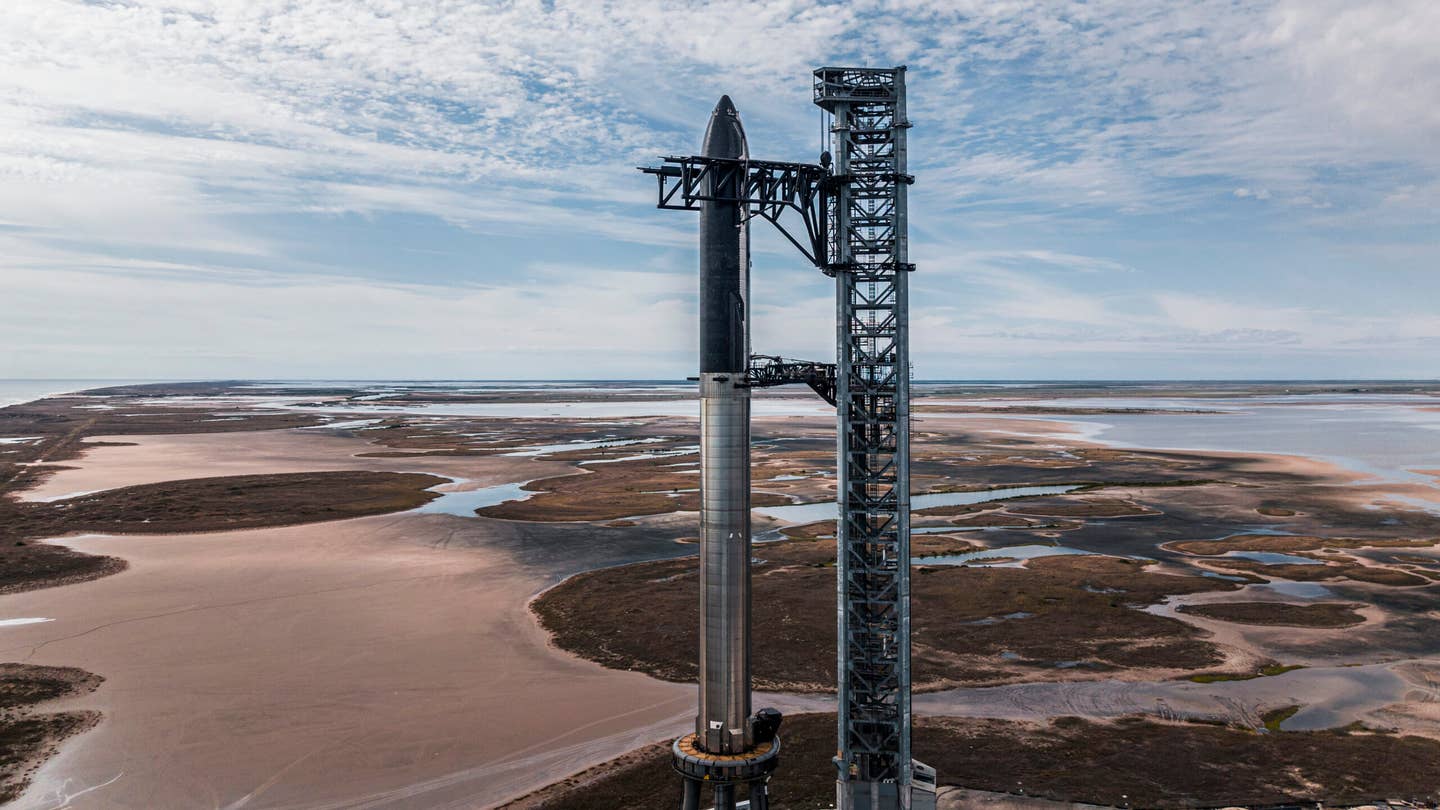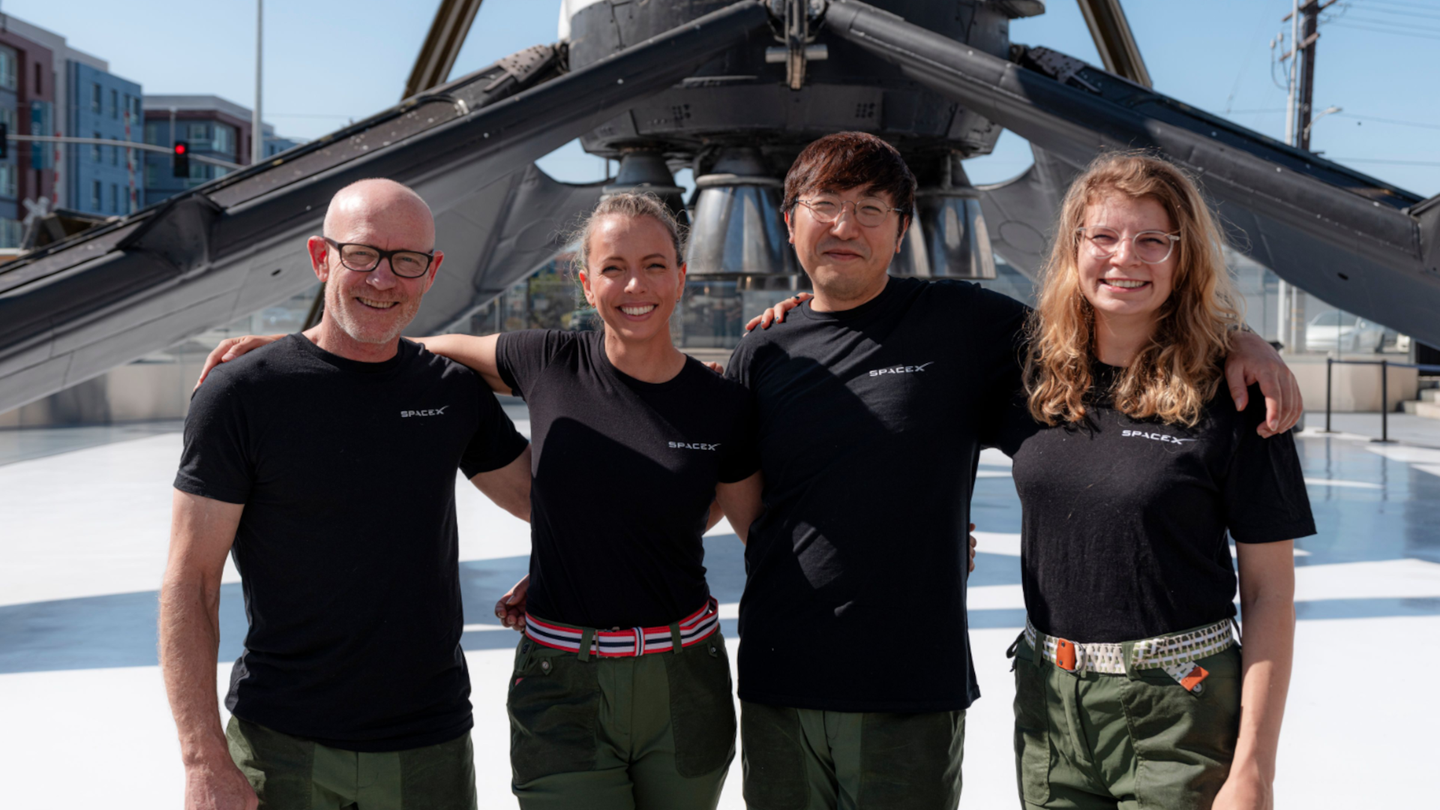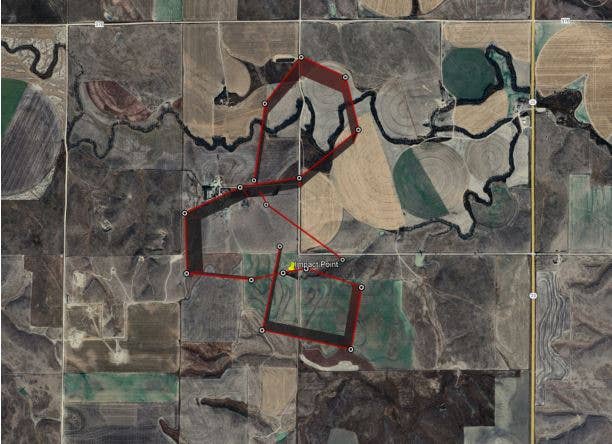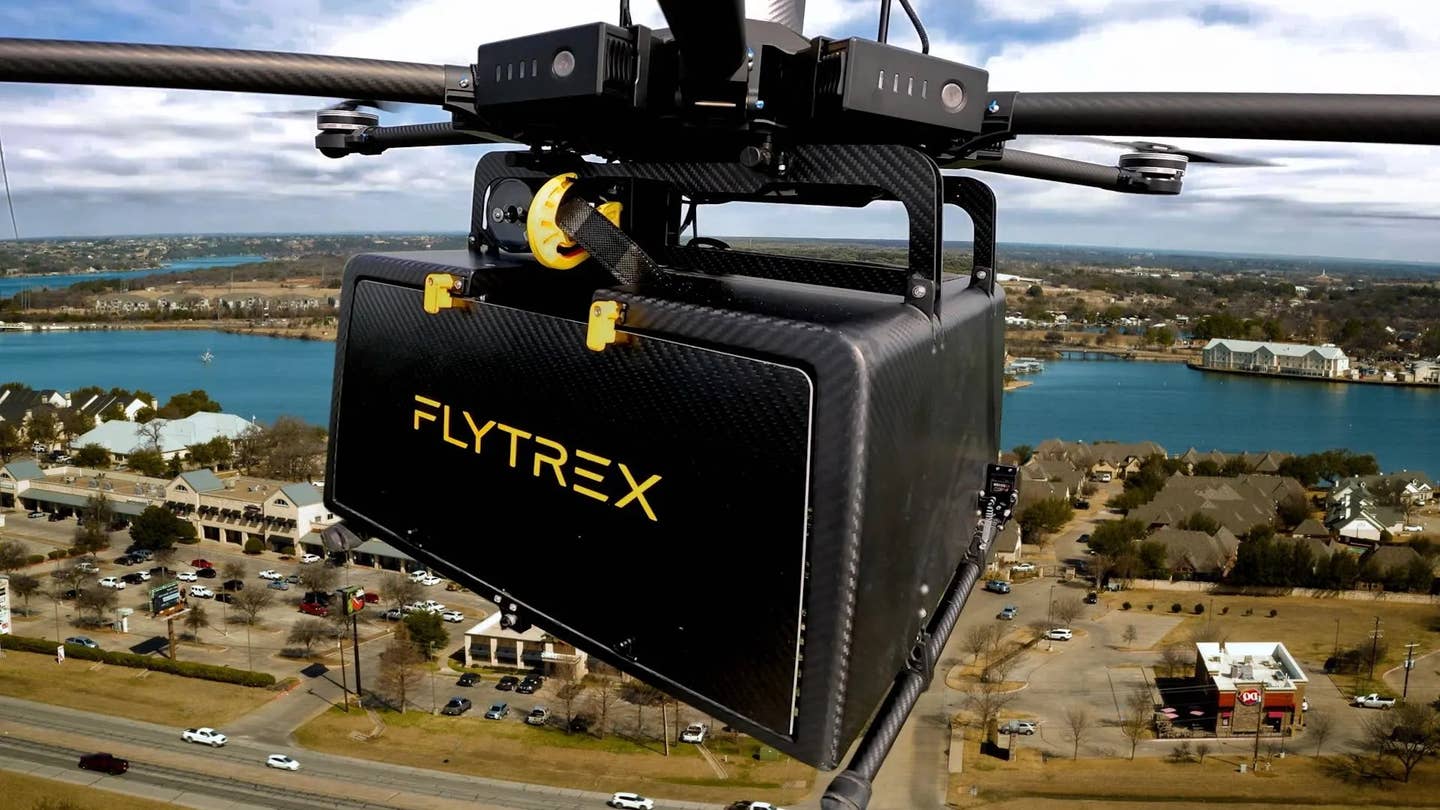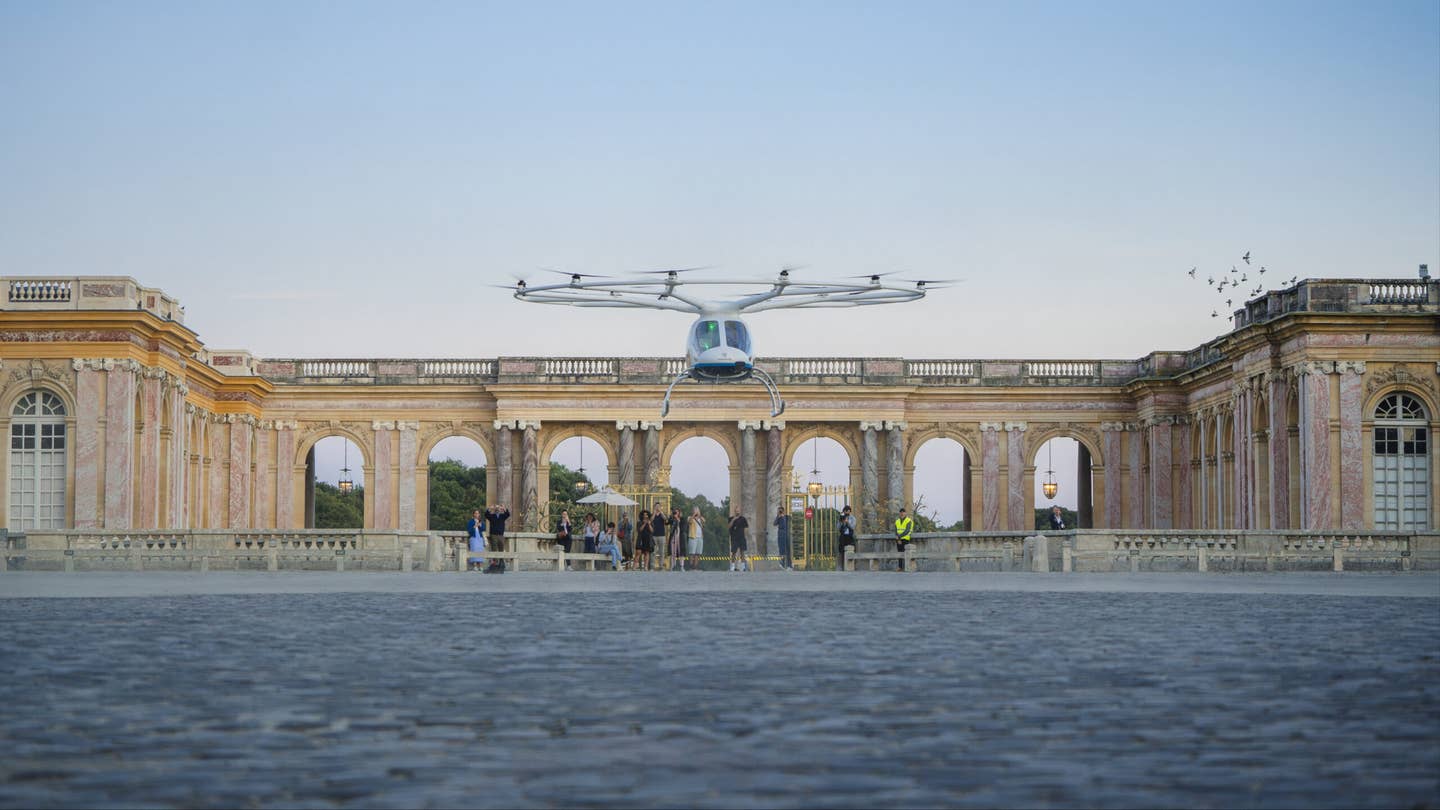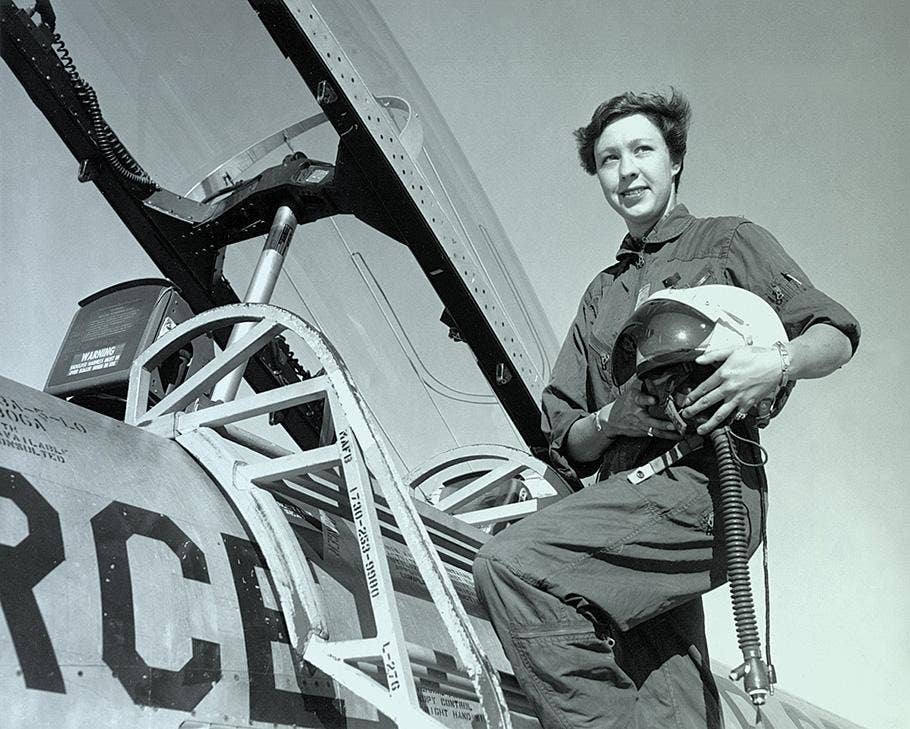Joby Applies for Air Taxi Certification in Australia
The company is also seeking to have its FAA type certificate validated in the U.K. and Japan via bilateral agreements between U.S. and foreign regulators.
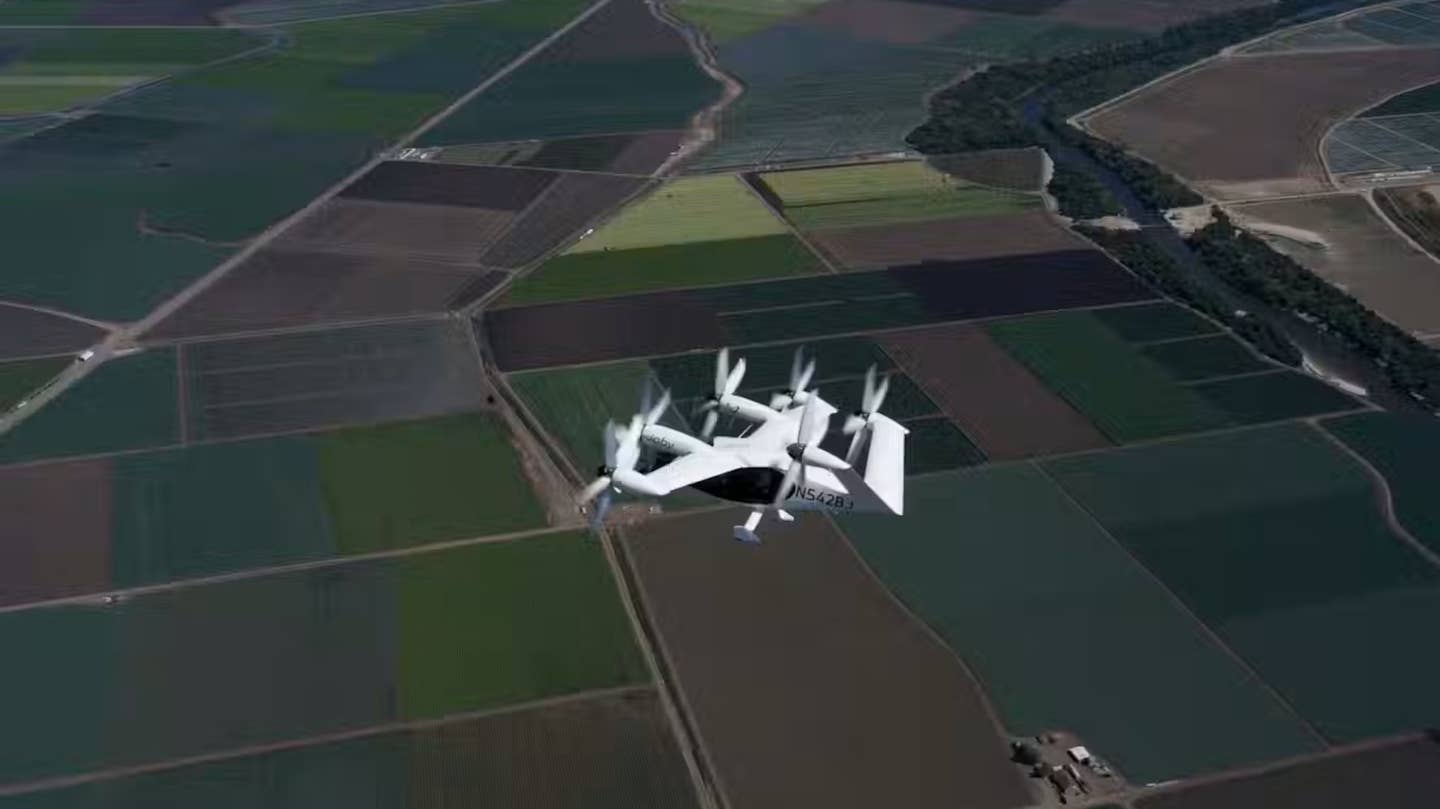
Joby Aviation’s flagship air taxi could fly in Australia’s skies after the company applied for certification with the country’s aviation regulator. [Courtesy: Joby Aviation]
Electric vertical takeoff and landing (eVTOL) air taxi company Joby Aviation is looking at Australia as one of its first international markets.
Joby on Tuesday said it formally applied for its flagship design to be certified by Australia’s Civil Aviation Safety Authority (CASA) for a commercial passenger air taxi service Down Under. The manufacturer would leverage a bilateral agreement between the FAA and CASA that would allow its FAA type certificate to be validated by the Australian regulator.
The FAA in March published final special class airworthiness criteria that Joby will use to obtain that approval, which it hopes to achieve by next year. The company has also received Part 135 authorization to operate its aircraft and Part 145 certification to perform maintenance and repairs.
“With commercial powered-lift operations already considered in CASA's regulatory frameworks, we’re pleased to be working with Australian authorities using a regulatory path to market that is actively being pursued by numerous countries around the world,” said Joby founder and CEO JoeBen Bevirt.
Joby has also applied for its FAA type certificate to be validated by regulators in the U.K. and Japan.
The manufacturer’s flagship design is a four-passenger air taxi with 100 sm (87 nm) range and 200 mph (174 knots) cruise speed, ideal for intracity trips such between city center and airport. The firm intends for the service to operate much like ground-based rideshare platforms Uber and Lyft and will use a recently unveiled software suite called ElevateOS, which has been approved for use by the FAA.
Uber’s Elevate subsidiary previously ran the short-lived UberCopter service, which used helicopters rather than eVTOL aircraft. Several Joby employees, including head of product Eric Allison, who helped develop ElevateOS, joined the manufacturer when it acquired Uber Elevate in 2020, and Uber became a partner and investor.
In Australia, Joby has a relationship with Skyportz Infrastructure, a developer of vertiports. These sites, often modified airfields, enable vertical takeoff and landing and are equipped with electric charging stations for eVTOL aircraft to juice up. The two companies do not yet have a deal for Joby to use Skyportz vertiports but have agreed to build a mock passenger terminal to test future air taxi operations.
Of note, Skyportz in April launched an operating subsidiary, Wilbur Air, which will fly routes connecting the company’s vertiports nationwide. Joby plans to operate its own aircraft in the U.S. but has also contemplated the direct sale of aircraft to operating partners.
“With this announcement [Tuesday], we could see Joby aircraft commence operations in Australia from our Skyportz sites in the foreseeable future,” said Skyportz CEO Clem Newton-Brown.
Bolstering that prediction is CASA’s recent release of vertiport design guidelines, which call for the sites to exclude helicopters.
“This will give the AAM industry an opportunity to demonstrate to the community that a vertiport (catering only for air taxis) may be more desirable than a heliport,” said Newton-Brown.
Down Under, the company may need to compete with Boeing air taxi subsidiary Wisk Aero, which is also working toward service in Australia and has a partnership with a similarly named infrastructure provider, Skyports (with an “S”). The partners are seeking to stand up a vertiport network by the time the 2032 Olympic and Paralympic Games begin in Brisbane.
Like this story? We think you'll also like the Future of FLYING newsletter sent every Thursday afternoon. Sign up now.
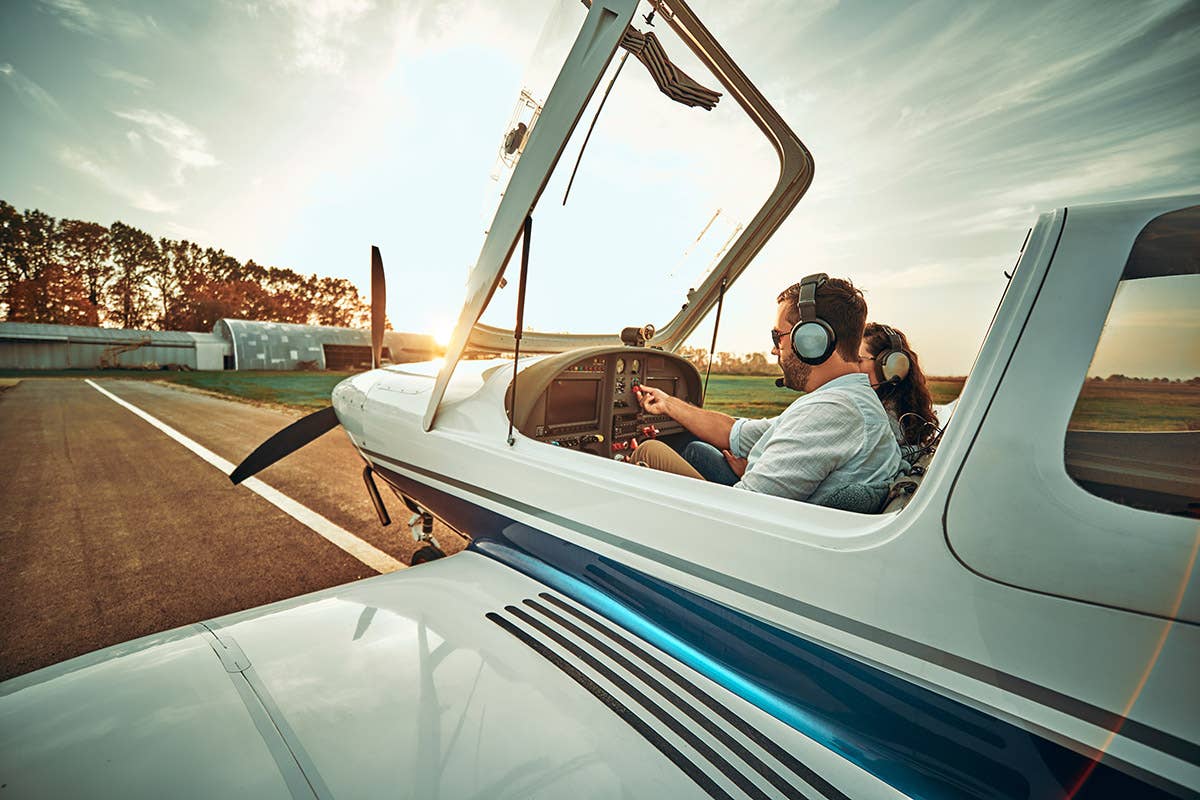
Subscribe to Our Newsletter
Get the latest FLYING stories delivered directly to your inbox

